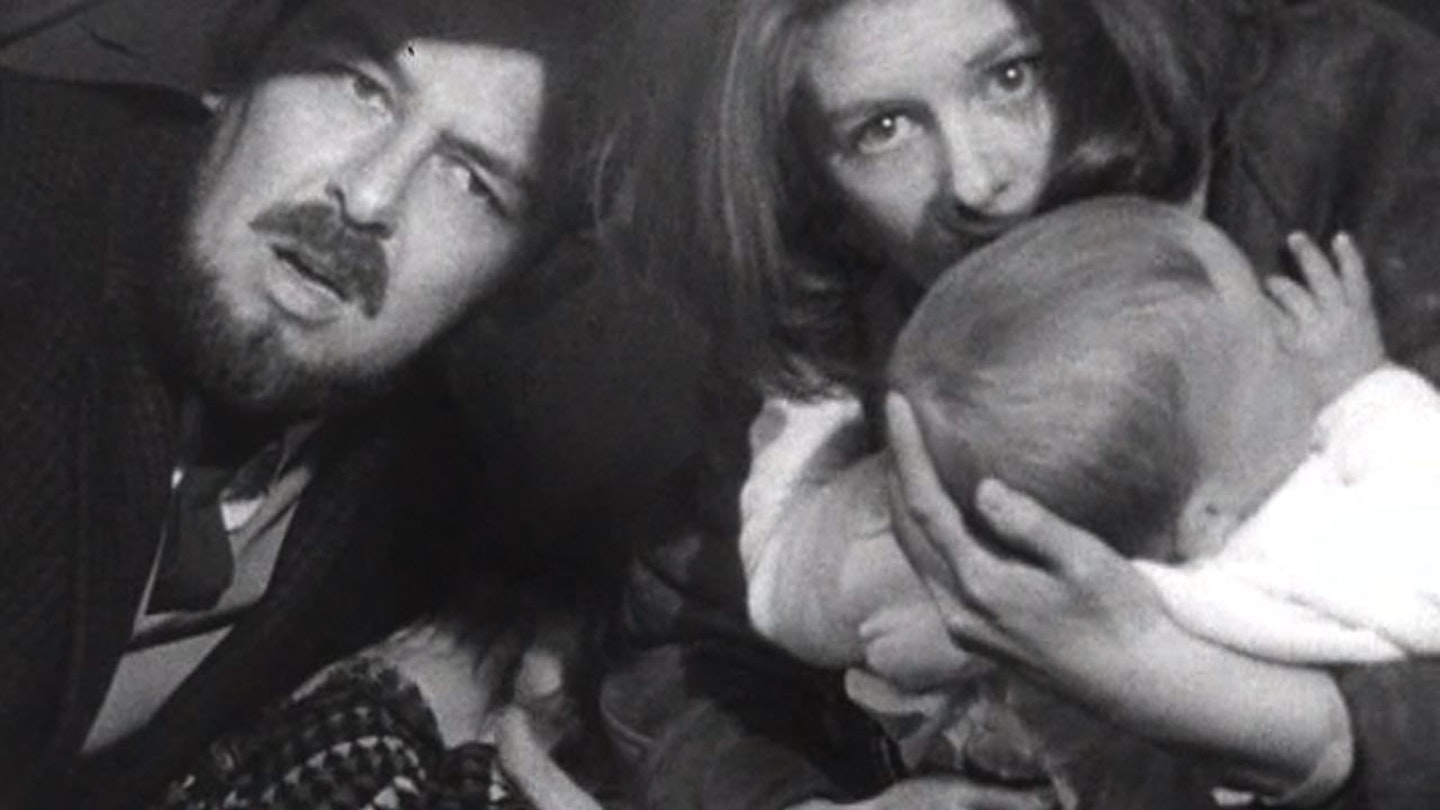Made in 1965 for BBC-TV by Peter Watkins, using the mock-documentary techniques he had successfully used in the historical drama Culloden, this proved so controversial that the corporation refused to air it for three decades – though it won an Academy Award in the Best Documentary category and had a long, successful theatrical run which paradoxically made it far more accessible for many years than any number of less controversial BBC programs that were transmitted once and disappeared forever.
Watkins dares to contradict misinformation presented in numberless ‘duck and cover’-style government civil defence propaganda efforts and makes a fair fist of showing how a nuclear exchange might happen and what its likely effects would be. Though dated in its Cold War politics, with a few Strangelovian talking heads adding a nearly comic touch, this remains chillingly convincing in its depiction of aspects of nuclear warfare rarely addressed by even the most hysterical ‘awful warning’ films: the psychological toll on survivors, especially those in the hard-pressed emergency services; the problems of evacuating the cities in a country still steeped in racial prejudice (‘are they coloured?’ asks a Kent housewife asked to billet refugees); the creation of a generation of orphans who ‘don’t want to be nothing’ when they grow up.
Most controversial is the suggestion that after the attack ‘ordinary people’ will be in danger not from the communist supposed enemy but the armed remnants of their own military and police force. The images of British bobbies formed into firing squads, mercy-killing the grievously wounded or summarily-executing food rioters were calculated to be shocking. In 1984, director Mick Jackson and writer Barry Hines essentially updated The War Game as the even more despairing TV movie Threads.
